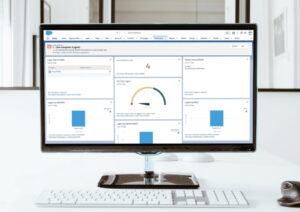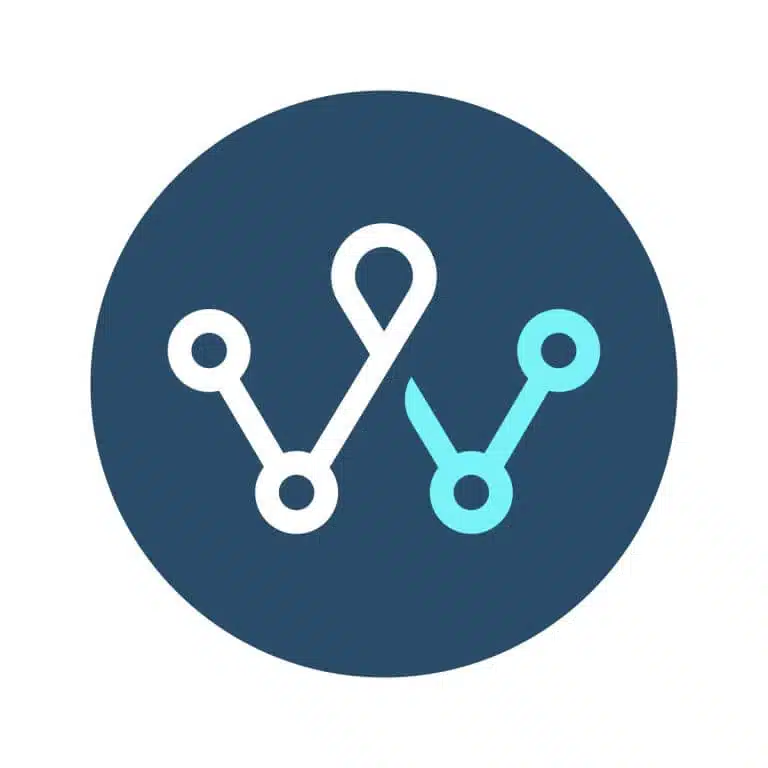What are the key responsibilities of a data architect?
The Salesforce Data Architect is responsible for designing, implementing, and managing the data architecture within Salesforce. The Data Architect works closely with stakeholders to determine solutions to promote system efficiency, scalability, and performance.
What does this mean for our customers?
Utilizing a Data Architect offers numerous and significant benefits, with the most prominent being clear communication between stakeholders and the development team. By implementing standards for data stewardship, the architect ensures the establishment of high-quality data that can be easily accessed in a consistent manner. An integral aspect of this process involves mapping out object relationships to ensure the interconnectivity of data in a manner that supports seamless business processes.
As processes inevitably change over time, the Data Architect assumes the responsibility of ensuring the scalability of objects to accommodate any changes that may arise. Additionally, the architect plays a crucial role in maintaining data integrity by identifying and addressing duplicates, as well as implementing robust naming standards to prevent confusion among end users. Beyond having clean data, it is paramount that the data is safe. The Data Architect enforces security policies so that users only have access to the information that is relevant to their roles and responsibilities. If data is identified as personal identifiable information (PII) or the business must comply with regulatory standards, the architect can implement a data governance framework which can define ownership, access, and maintenance policies. Moreover, during data migration processes, whether it involves exporting or importing data into Salesforce, the data architect employs the most efficient methods to minimize load time and streamline the overall process. No matter the size of your implementation needs, the data architect will ensure fast and secure product delivery. This expertise and oversight contribute to the seamless integration of data-related tasks, fostering a cohesive and efficient data ecosystem.
How does a certified Salesforce Data Architect contribute to the success of an organization?
While it’s vital to focus on what the Data Architect does, it’s also important to highlight who the Data Architect is, for an organization’s best resources are its people. Mike Meadows, certified Salesforce Data Architect at WayPath, brings a wealth of enthusiasm as he leverages his skills to assist our customers. Having recently earned his Salesforce Data Architect certification, Mike notes that it was a fun challenge that drew on his career experiences. “I now have a better understanding of how Salesforce’s multi-tenant architecture works under the hood to help me deliver scalable solutions to our customers. Also, learning about different regulatory agencies has allowed me to expand my knowledge of different industries.” This knowledge, passion for delivering scalable solutions, and dedication to exceptional customer support make our Data Architect an invaluable asset to WayPath’s growth and success, and ultimately yours.






